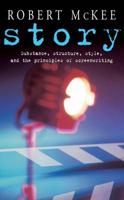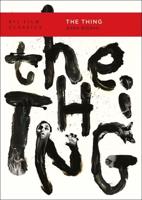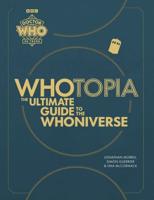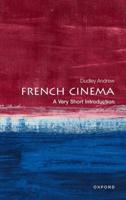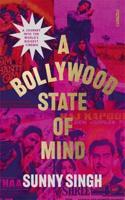Publisher's Synopsis
Abbas Kiraostami planted Iran firmly on the map of world cinema when he won the Palme d'Or at the Cannes film festival in 1997 for his film A Taste of Cherry. In this book Hamid Dabashi examines the growing reputation of Iranian cinema from its origines in the films of Kimiyai and Mehrjui, through the work of established directors such as Kiraostami, Beyzai and Bani-Etemad, to young film-makers like Samira Makhmalbaf and Bahman Qobadi, who triumphed at the Cannes 2000 festival. Dabashi combines exclusive interviews with directors, detailed and insightful commentary, critical cultural context, an extensive filmography, and generous illustration to provide an indispensable guide to globally celebrated but little-studied cinematic genre.
Unabashedly polemical, he dissects the idea of the oriental in western perceptions of Iranian cinema and details the way that film festivals and distribution in the west have shaped domestic output in Iran. He looks, too, at the particular difficulties faced by women film-makers in a country of Islamic orthodoxy, and the obstacles placed in the path of directors attempting to introduce dissident politics in their work.



